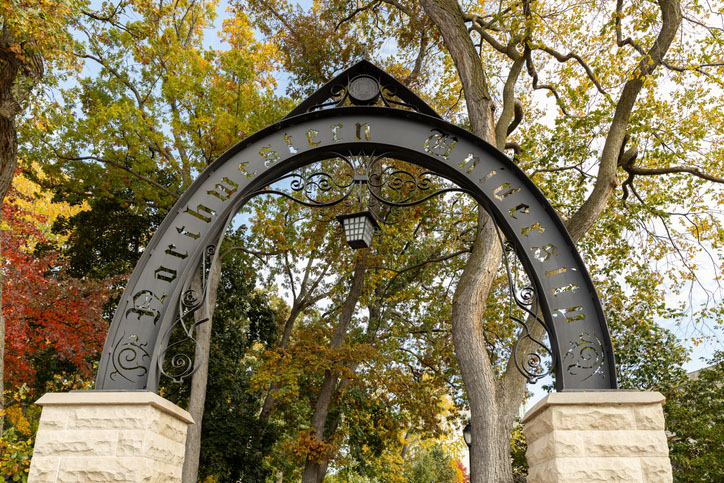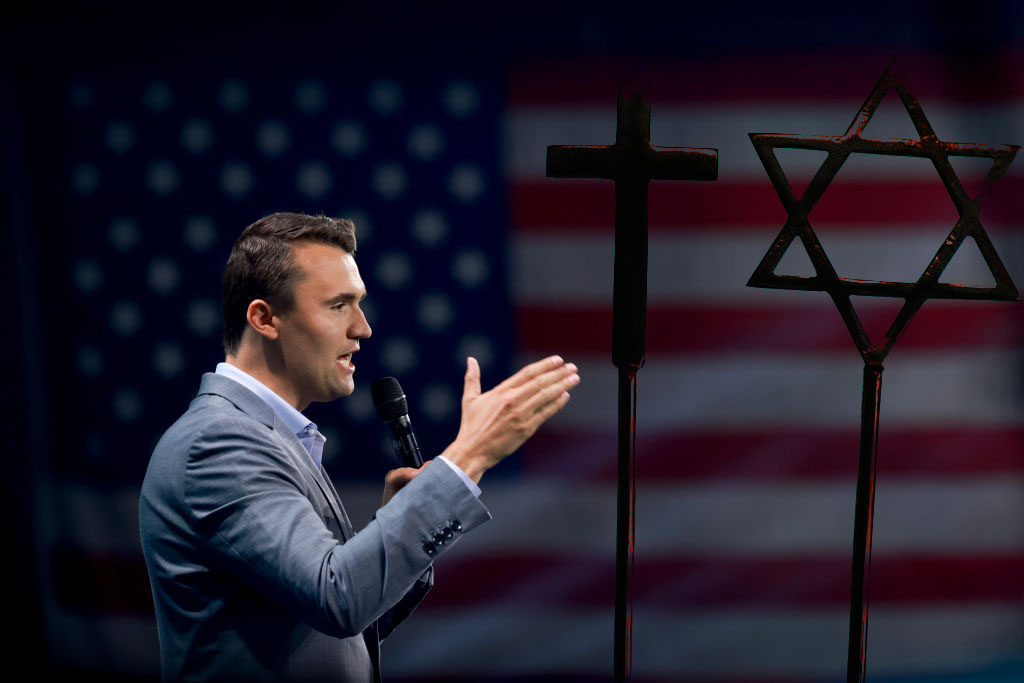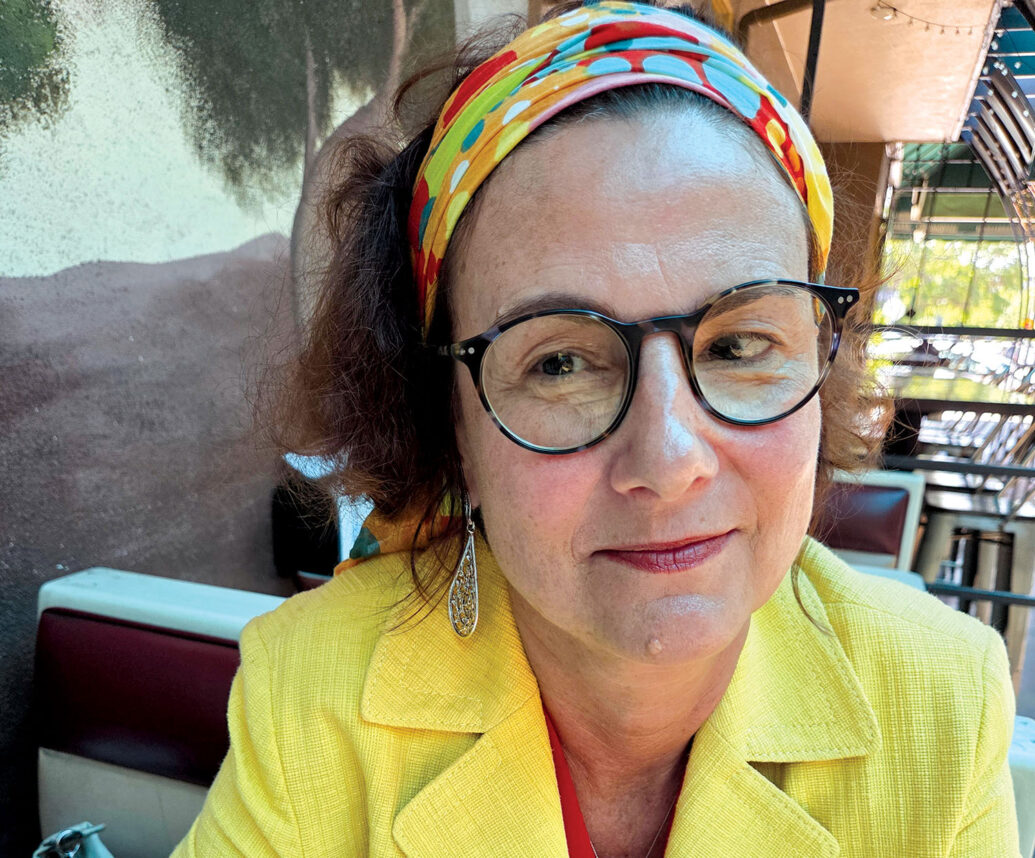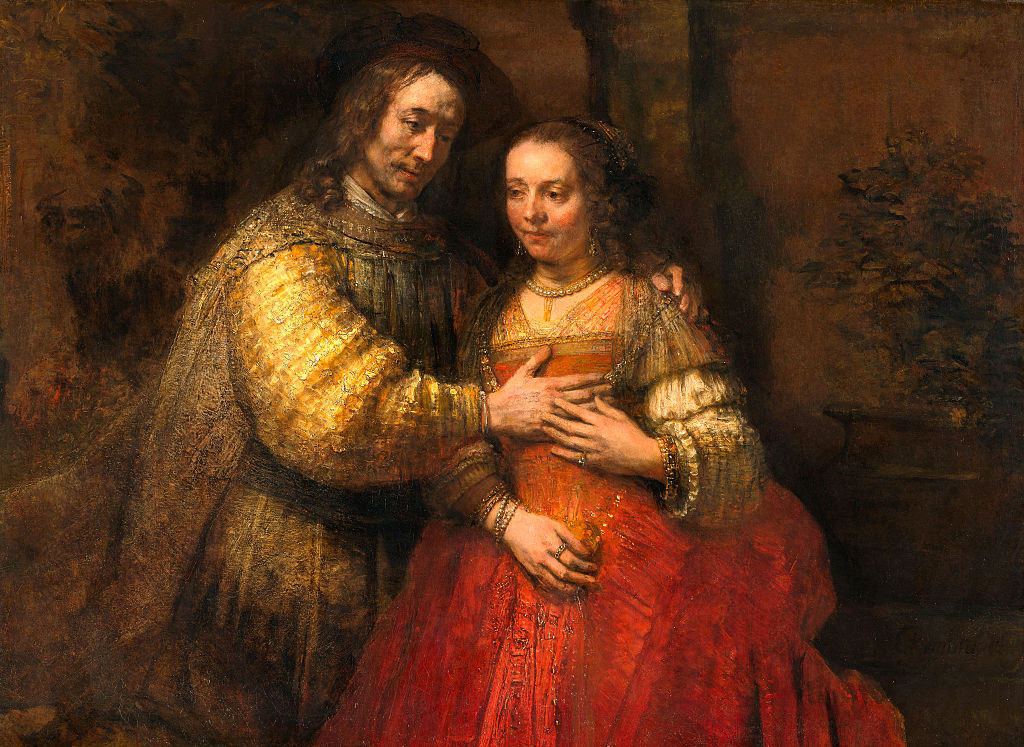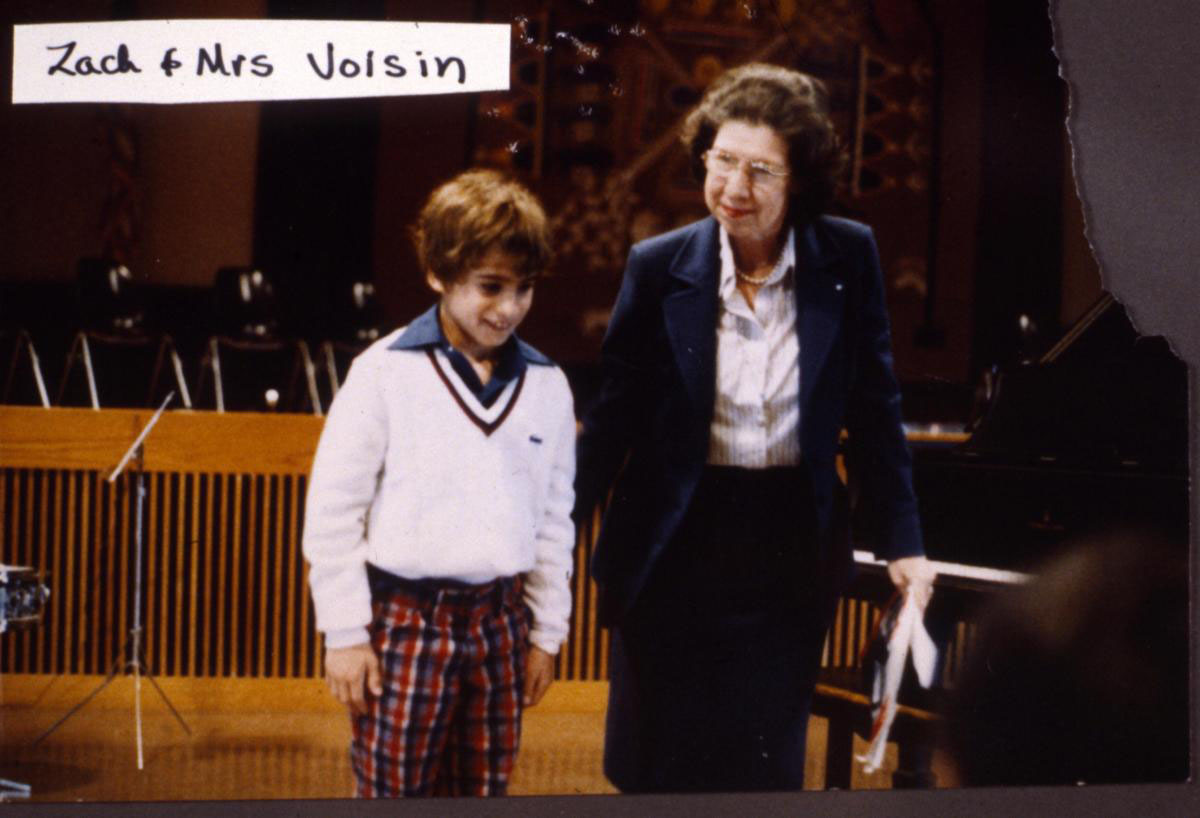
The current political deadlock in Israel boils down one question: Could – and should – a Blue and White-led government be based on the support of Arab MKs?
There is nothing new in this idea. I served as spokesman of the Rabin government (1992-95) when that happened. Labor won the June 1992 elections with 44 mandates over 32 for Likud. With Meretz (12 mandates), Rabin only had 56 mandates against 59 the center-right block mustered. Nevertheless, he managed to lure Shas with its six mandates into his government. With a fragile coalition of only 62, Rabin ruled Israel with confidence and − lo and behold − the Arab MKs always voted with him on the Knesset floor.
Why would they support the general who had dedicated his life to fighting Arabs? Because Rabin was an honest man, and he realized that being 20 percent of the population, Israeli Arabs deserved to be equal to Israeli Jews. He established a committee of Ministry Director Generals, ordering it to move quickly to address the major problems in the Israeli Arab society, the result of decades of negligence and discrimination. At times, he chaired the meetings. I remember him once reprimanding someone for not yet fixing the sewage in Jisr az-Zarqa, an Arab village.
The late Lutfi Mashour, editor-in-chief of Al-Sinara newspaper in Nazareth, told me then that for the first time since 1948, Israeli Arabs felt there was a prime minister not only for the Jews, but for them as well.
Then Oslo fell like a bombshell, and Shas pulled out of the government. Rabin kept pushing forward, knowing he could count on the outside support of the Arab MKs, who had been grateful for his attempt to reconcile with the Palestinians and for the peace with Jordan that followed.
On May 22, 1995, however, the Arab MKs shocked Rabin when they tabled a motion for a no-confidence vote because of land annexation in East Jerusalem. In the meantime, Rabin had convinced two MKs to defect from the rightist block; still, this only gave his coalition 58 mandates. The motion eventually was called off, but guess who planned to back the Arab MKs in this vote? Likud, led by Benjamin Netanyahu.
Upon hearing that, Avigdor Liberman, then Bibi’s Chief of Staff, ran to him, saying, “Are we nuts? Supporting the Arab MKs? And on what? On trying to stop building in Jerusalem?”
“It probably will be the task of Israeli Arabs to force us to follow the Bible’s teaching.”
“Relax,” Bibi replied. “Anything which helps topple this government is legitimate.”
Twenty-five years later, Netanyahu remains consistent in his instrumental treatment of Israeli Arabs and their MKs. When the latter can help him advance his immediate political goals – such as electing a state comptroller to his liking – he gladly joins forces with them. When they seem to be helping Benny Gantz win the elections, he incites them, claiming formation of a Blue and White-led minority government backed by the Arab Joint List would be a “historic terror attack” against Israel.
There is a sad irony here, because it is the same government led by Netanyahu that in 2015 passed the historic Resolution No. 922, which allocated NIS 10-15 billion to remove barriers to economic development in the Israeli-Arab sector. Bibi helps Israeli Arabs with one hand, while slapping them in the face with the other.
There is a big difference, however, between 1995 and today. Then, the Israeli Arabs had five MKs; today, they have 15. If there is another round of elections – which, unfortunately, seems plausible – they might get even more.
It is another sad irony that we Jews, once having a state of our own, should be reminded of what the Bible commands us: “The stranger who resides with you shall be to you as the native among you, and you shall love him as yourself, for you were aliens in the land of Egypt” (Leviticus 19:33-34).
The final irony is that it probably will be the task of Israeli Arabs to force us to follow the Bible’s teaching. With their growing representation, and once they dump the Balad faction, which doesn’t accept Israel is a Jewish state, they will become legitimate partners in any government. After all, if a non-Zionist Ultraorthodox can be our Minister of Health, why can’t an Israeli Arab be one as well?















